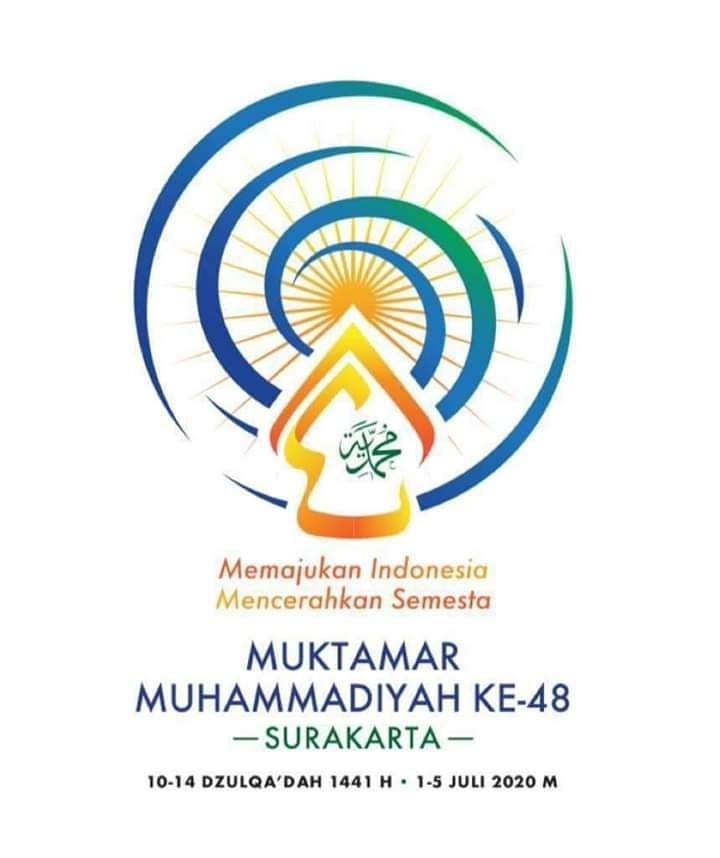MUHAMMADIYAH.ID, DUBLIN – Vice Chair of Muhammadiyah Disaster Management Center (MDMC) Rahmawati Husein attended a meeting of the United Nations Central Emergency Response Fund (CEFR) Advisory Group members.
Rahmawati, who is also a lecturer of Faculty of Social and Political Sciences of Universitas Muhammadiyah Yogyakarta (UMY), became the only representative from Southeast Asia and one of 19 people selected by the UN Secretary General for a period of October 2018 – October 2021. Since established in 2010, this is the first time that an Indonesian representative is elected as the CEFR Advisory Group member.
The CERF Advisory Group was founded based on an agreement at the 60th Session of the United Nations General Assembly in 2005 with its resolution on ‘strengthening the coordination of the emergency humanitarian assistance of the United Nations.’ The CEFR Advisory Group comprises of experts who will serve in their individual capacity to provide policy guidance and expert advice to the Emergency Relief Coordinator on the use and impact of the fund.
The fund is allocated to countries confronting crises due to conflicts, wars, or disasters. The CEFR is tactical, fast, and humanitarian funds provided less than 48 hours to respond to emergencies.
The CEFR Advisory Group meets twice per year at times that are appropriate for reviewing the annual use and implementation of the fund, and for facilitating its regular replenishment. In 2019, the meeting was conducted in Dublin, Ireland.
The meeting discusses the significance of the increasing and effective use of humanitarian funds which are insufficient to respond to humanitarian crises all over the world. It also talked about anticipatory financing which will save more lives and funds since preparedness has been undertaken to respond to climate-driven disasters as droughts and to be provided for conflict victims who have been displaced for years. To give the advice, the Advisory Group reviews reports of the United Nations Office for the Coordination of Humanitarian Affairs (OCHA) as the Coordinator of the CEFR, and examines independent reviews and other evaluations conducted at the initiative of the Emergency Relief Coordinator, of the function and performance of the fund.
The Advisory Group represents the humanitarian community and will take into consideration the mix and range of skills and expertise requires for the management of such a fund, including expertise from countries affected by crises.
In 2018, Indonesia received the emergency response fund when earthquakes and and tsunami hit Sulawesi Tengah. Experiences of Indonesia in receiving, utilizing, and managing the fund can become recommendations for other countries.
Besides, engagement of non-governmental organizations as Muhmmadiyah focusing on local and national levels shows the significance of the role of non-state actors in implementing humanitarian crisis assistance. Selected as the CERF Advisory Group member, Rahmawati Husein offers different perspectives and represents local/national non-governmental organizations that play significant roles in saving and protecting the people confronting crises.
At the meeting, Rahmawati Husein emphasized that the CEFR administered by the UN agencies as WFP, UNICEF, UNHCR, and UNFPA should be jointly managed with central government through clusters or sectors, local government, and non-governmental organizations.


